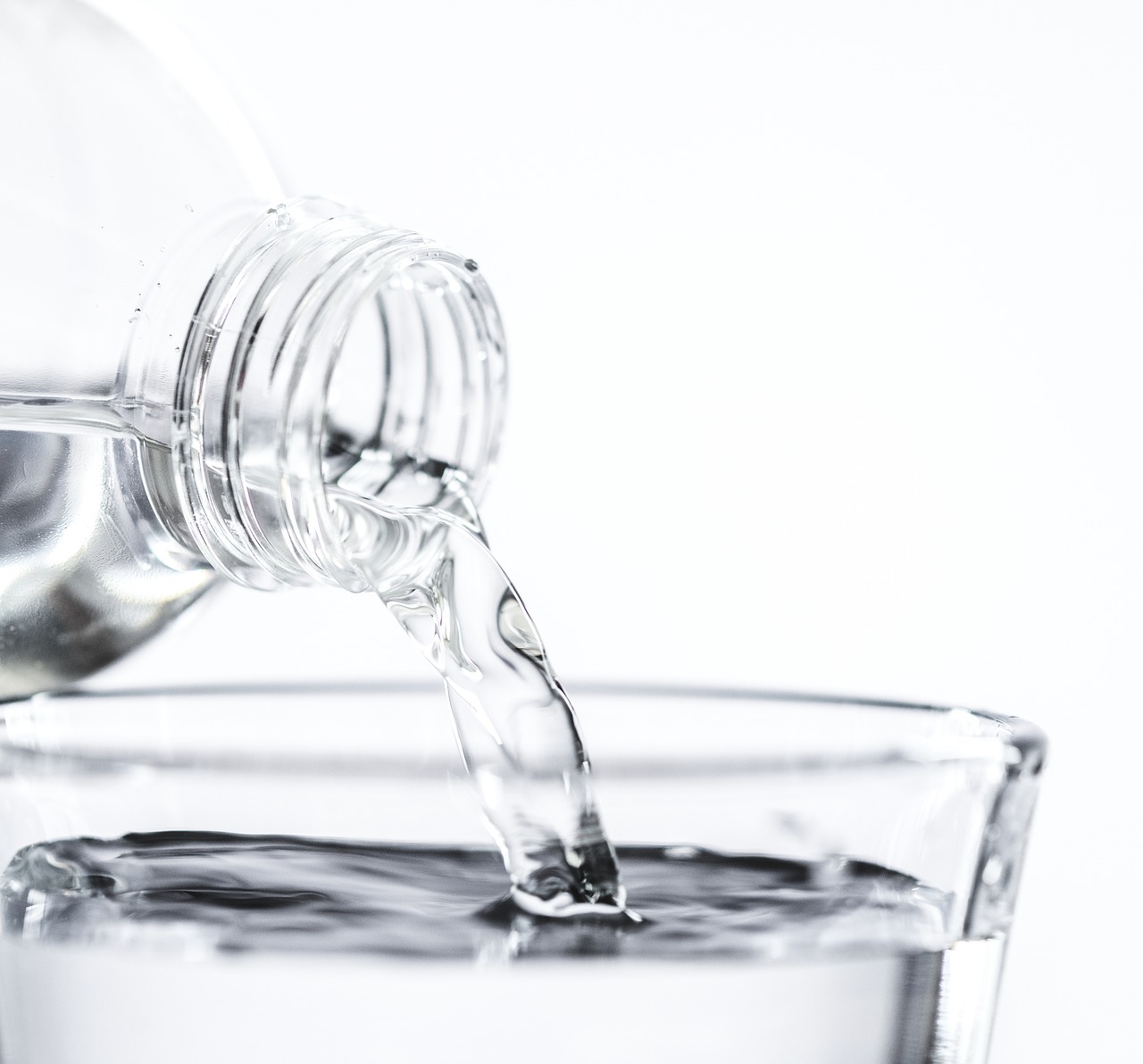Health and care staff are advising on the importance of staying hydrated in the hot weather.
As the summer heat persists staying hydrated becomes more important to health, especially for older people, advises Torbay and South Devon NHS Foundation Trust.
Among the risks to health of not drinking enough fluids is the possibility of contracting urine infections, which, in turn, could lead to complications.
When the weather is hot it is easy to become dehydrated and elderly people can be at higher risk because not all of them feel thirsty during hot weather, so do not drink enough fluids.
Selina Hoque, Trust Director of Infection Prevention and Control, said: “The best way of looking after yourself is to stay hydrated, ensuring your body has enough fluid to work properly, by drinking 6-8 glasses or cups of fluid every day”.
“If your body doesn’t have enough fluid to work properly then illness occurs. When this goes on for some time it can lead to infected urine in the bladder and can lead to more serious infections leading to a hospital admission.”
Julie Kemmner, Trust Clinical Community
Dietitian and Team Lead, said it is important to prevent infections so people stay well, while the fewer antibiotics that are prescribed help reduce antibiotic resistance by patients.
Older people are more vulnerable to dehydration because it leads to dizziness which leads to falls and hospital admissions. As the body ages its thirst response diminishes, so people do not drink enough. This is made worse by the fact that older people also retain less fluid than needed because kidney function reduces. Other consequences include malnutrition, pressure ulcers, constipation and incontinence.
What do I do if I think I am dehydrated?
Drink fluids when you are thirsty or if you are not sure drink 6-8 glasses or cups of fluids throughout the day.
Drinks should be water, plain tea, fruit tea and coffee (without added sugar), no-added sugar squash with water and milk.
One small glass of unsweetened 100% fruit juice, vegetable juice or unsweetened smoothie each day.
Avoid fizzy drinks and drinks with sugar. Other ways to take in fluid are soups, ice-cream, jellies or fruits like melon.
If you have diarrhoea and or vomiting a pharmacist can give advice on staying hydrated.
Trust staff are using videos and patient information leaflets to try and prevent patients coming back into hospital with urine infections and possibly sepsis. Here is a link to a staying hydrated advice video. And website sources of advice:
https://www.nhs.uk/conditions/dehydration/
https://www.nhs.uk/live-well/eat-well/water-drinks-nutrition/
https://www.bda.uk.com/foodfacts/fluid.pdf






























